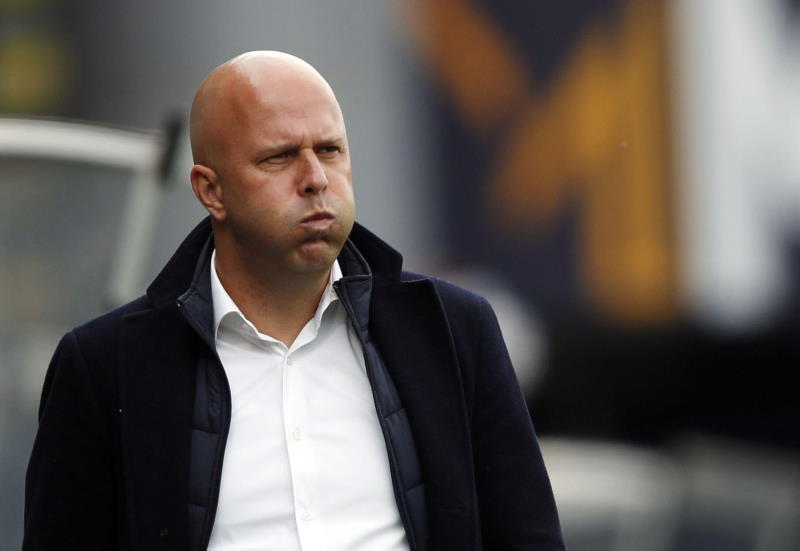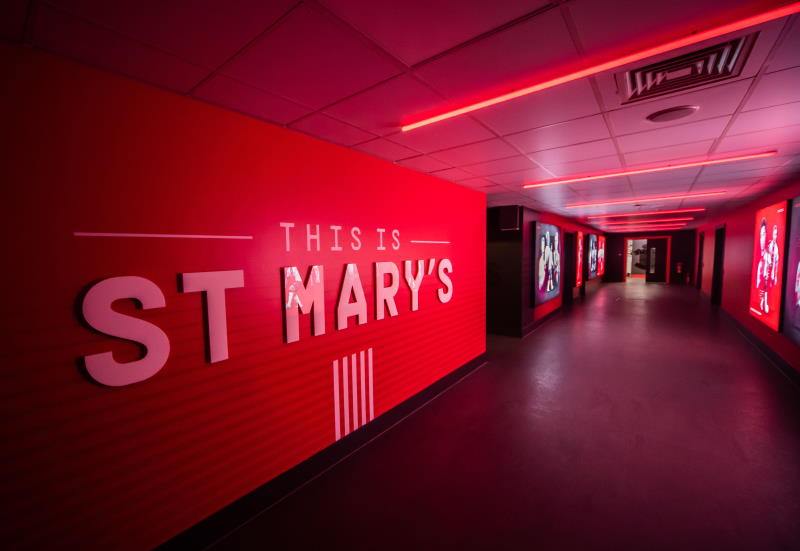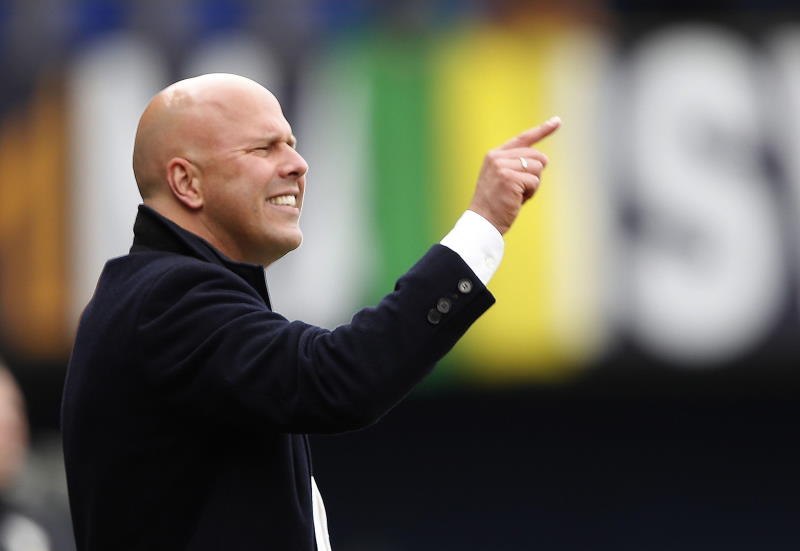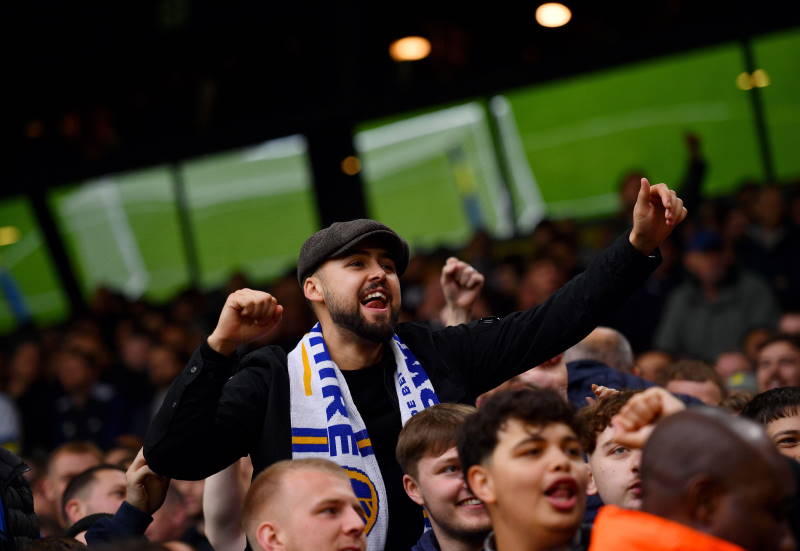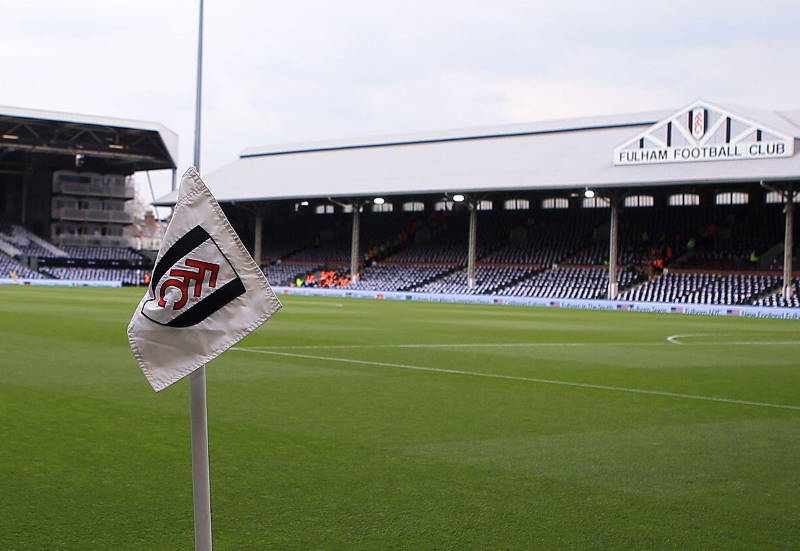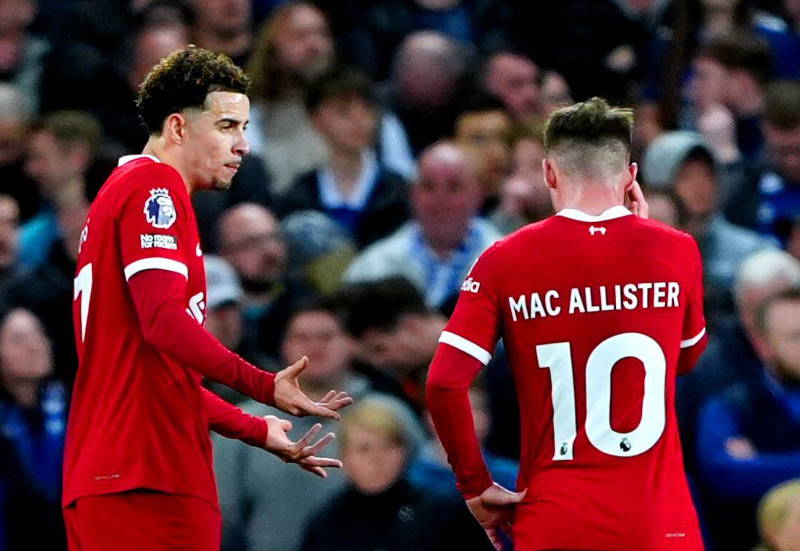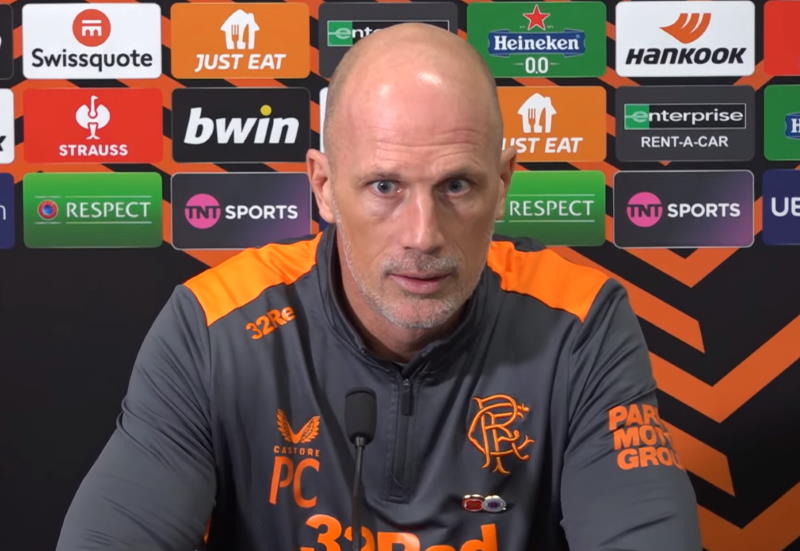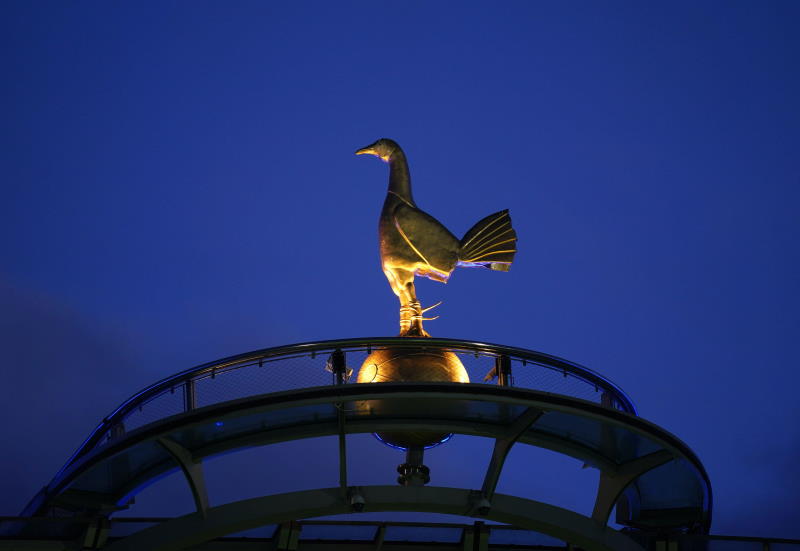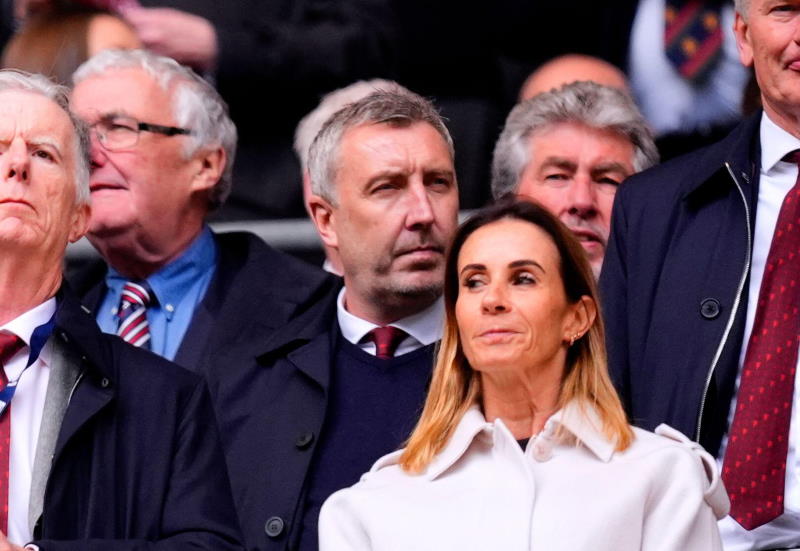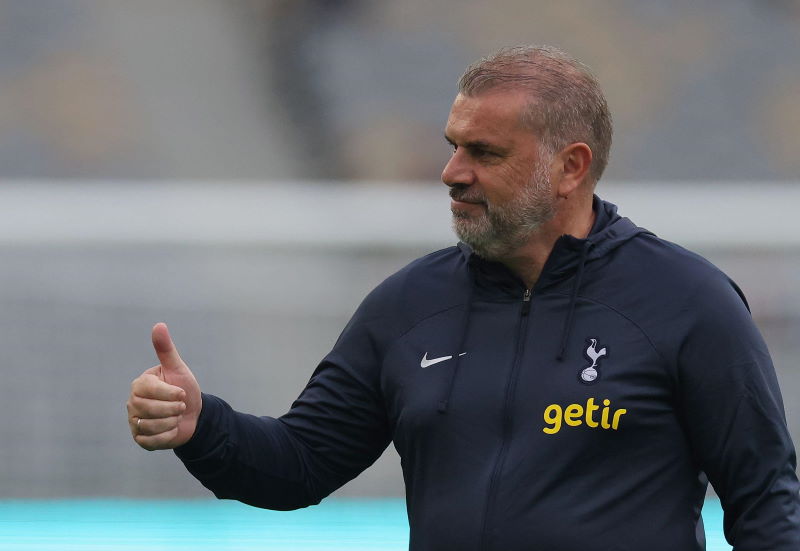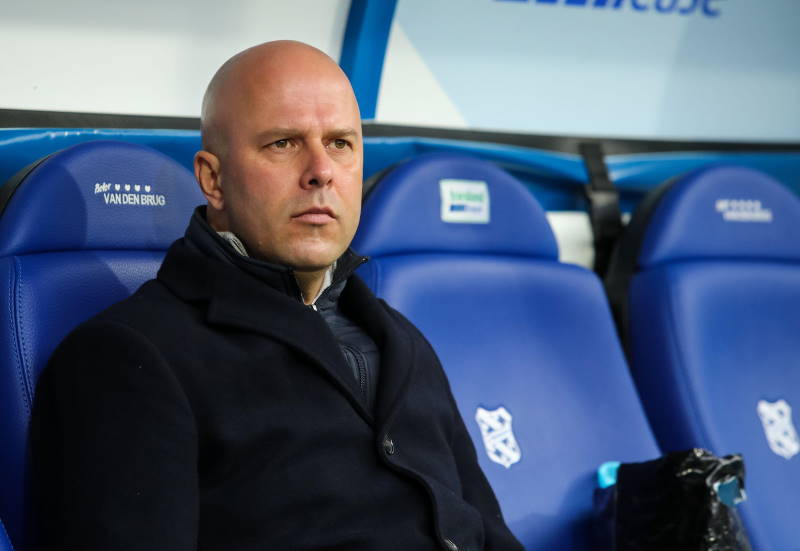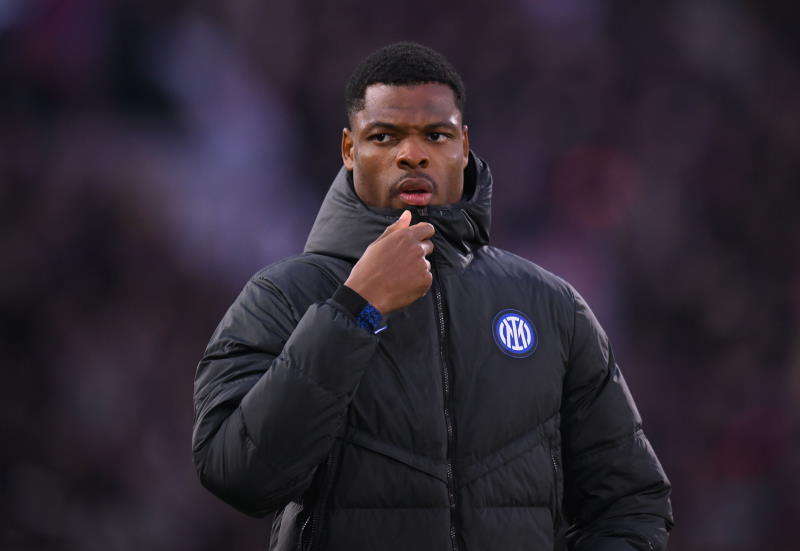
While decade after decade has seen football become more international with players from every part of the globe arriving in Europe, there are still countries where stars from abroad are a novelty. In the major countries of the former USSR – Russia and Ukraine – foreign stars have been very much a new thing over the past six or seven years.
In Ukraine, one of the sides now most populated by foreign talents is Shakhtar Donetsk. The Ukrainian giants have endured some negative local press for their foreign oriented recruitment policy, but the results cannot be argued with: Regular league titles and the 2009 UEFA Cup.
This new era in Ukraine began when Mircea Lucescu was appointed Shakhtar coach. The club’s billionaire owner, Rinat Ahmetov, headhunted “Mister” – Lucescu’s respectful nickname – and convinced him to move to Donetsk, promising Lucescu complete freedom to choose players from anywhere in the world.
For the first two years Lucescu experimented with mostly Ukrainian players, only introducing one or two Brazilian talents, and the team’s performances began to improve. Fierce rivals Dynamo Kyiv were beaten to the title and the first steps were taken into the Champions League and UEFA Cup. Ukraine’s media praised Lucescu for his commitment to local players, but the next two years would see the situation change dramatically.
After two seasons of great progress most of Shakhtar’s players were sold or loaned out. None of the local press or football community could understand what was going on, some even suggested Lucescu had lost the plot and would soon be sacked. What was not realised until much later was that Lucescu had launched a major rebuilding process, fully approved by Ahmetov.
Brazilian stars soon began to arrive and fans argued about the reasons Lucescu would jettison local talent for foreign players. But the coach had one thing in mind: Brazilian players would be more responsible and professional on and off the pitch.
In an interview Lucescu first dropped a hint that this was indeed the reasoning as he stated that Brazilians “play football for football”, they do whatever their coach demands and the further they are from their families the better their performance.
Some Shakhtar fans were offended by the policy, but time proved the coach right and his rebuilding was not something embarked upon on a whim. The fewer Ukrainians the better, that was Lucescu’s formula and the supporters gradually realised that the Romanian was doing no different to many major clubs around Europe. At Shakhtar the integration of foreign talent took some time, results dipped, Dynamo Kyiv regained the title, but eventually the team was stronger, and the UEFA Cup was lifted in 2009.
Not all of the Brazilians who had been bought began playing for Shakhtar immediately after arriving. Some were young diamonds who needed polishing and players like Jadson and Fernandinho were overshadowed at first by more experienced talents like Brandao, Elano and Matuzalem. Some of course, provided trouble for the coach he had not expected.
Brandao in particular caused some debate. Domestically he found the net regularly, managing about one goal every two games. But in Europe the Brazilian disappointed, scoring only 15 goals in 52 games.
However, the most disappointing thing for Lucescu was Brandao’s lack of discipline – he entered into the history books as the third most undisciplined player in Ukrainian football – and also had an incredible ability to miss chance after chance. His misses from favourable positions in some important games made the coach furious and Brandao soon found himself on the bench. When Lucescu was asked why the Brazilian no longer played, he tersely replied “He does not score.” That was the end of Brandao’s Shakhtar career.
Elano on the other hand became a true Shakhtarian almost immediately. His wonderful passes and play-making ability made him a firm favourite with the fans and Lucescu even handed him the captain’s armband. However, all this was to change once Elano attended and then returned from his first training camp with the Brazilian national team. Upon his arrival back in Ukraine the midfielder seemed a different man.
The Brazilian soon developed “star disease”. He was informed that his primary duty was to Shakhtar and reacted badly. Observers thought it was clear he was disregarding Lucescu’s instructions both on and off the pitch. When the coach warned Elano that he would not let him to go a national team get-together as he was needed by his club, the Brazilian refused and demanded a transfer. Eventually he was sold to Manchester City.
Another Brazilian, Matuzalem, was an outstanding leader for three years and he too was handed the captaincy. In 2004, Shakhtar had paid Brescia €8M for his services and whilst at the Italian club former Shakhtar coach Viktor Prokopenko had compared the midfielder to the legendary Roberto Baggio. He arrived in Ukraine highly rated.
Shakhtar then suffered a series of failures in their European adventures, which convinced Matuzalem that his career might progress quicker abroad, and the Brazilian asked the club to sell him. A contract scandal with Real Zaragoza proved just how much Matuzalem wished to leave Ukraine and despite the best efforts of Lucescu and Ahmetov, he still resolved to go. Unfortunately for Matuzalem he enjoyed no more success with a Spanish club than he had with Shakhtar.
All the other Brazilians and foreign players brought in adapted quickly and well to Ukrainian football, with just two exceptions: The Mexican Nery Castillo and Italian striker Cristiano Lucarelli.
Without a doubt though Mircea Lucescu’s policy has been successful and Brazilian players have become and remain the driving force behind Shakhtar. While the coach enjoys praising all those who perform under him, his favourites remain the Brazilian players.
Jadson and Fernandinho grew to become key stars at the club after their countrymen Brandao, Elando and Matuzalem left. Despite even more Brazilians appearing in Donetsk – Ilsinho, Willian, Luis Adriano and Leonardo – Jadson and Fernandinho are still considered the cream of the crop.
After his previous bad experience, Lucescu nurtured the Brazilian youngsters who arrived and managed to create a side where the South Americans dominated the midfield and attack. This structure has proved efficient and helped the new arrivals to settle in.
This winter Shakhtar again dipped into the South American market, beating several other European giants to snap up two young attacking midfielders, Douglas Costa de Souza (19) from Gremio and Alex Teixeira Santos (20) from Vasco da Gama.
Upon their arrival Lucescu stated that his Brazilian policy will continue for as long as he is head coach at the club and he still has the trust of his players and owner Rinat Ahmetov. The Romanian will probably blood the youngsters slowly, but already fans are impatient to see the next generation of Brazilian imports, eagerly hoping that they will lead the way to yet more Ukrainian titles and another European cup.

